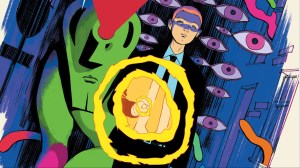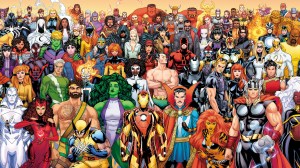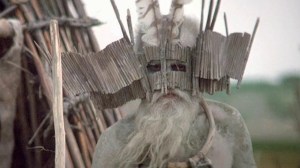Stan Lee is a complicated legend. Ask any Marvel Cinematic Universe fan, and they’ll tell you he’s the creator of Marvel, and a creative genius who was basically everyone’s grandfather. They love Stan Lee. The realities of Stan Lee are quite different — he took credit for the work of creators like Jack Kirby and Steve Ditko, who did the majority of the work on the books Lee “wrote” — however, it’s impossible to say that he wasn’t important to the history of Marvel and comics. Lee helped guide Marvel throughout the Silver Age, and was Marvel’s greatest salesman. Before Lee, DC Comics had been the big name of the comic industry, but after Lee became more important, Marvel took the lead and has rarely been in second place ever since. While many call Lee a writer, he was never exactly that. Lee was more of an editor than anything else on the majority of titles that he “wrote;” editors in comics are more than just the people who fix typos, but help every aspect of the comic’s creation. This where Lee excelled.
Videos by ComicBook.com
Looking at the history of DC, there are multiple writers and editors who deserve to be as revered as Stan Lee. These creators played a huge role in making DC Comics what it is, and played a role in making the comic industry as great as it is today. Lee gets entirely too much credit, but these five DC creators deserve their place in the sun as well. Much like Lee, they played a huge role in making superheroes better and in my opinion, they’re much better at their jobs than Lee ever was.
5) Alan Moore
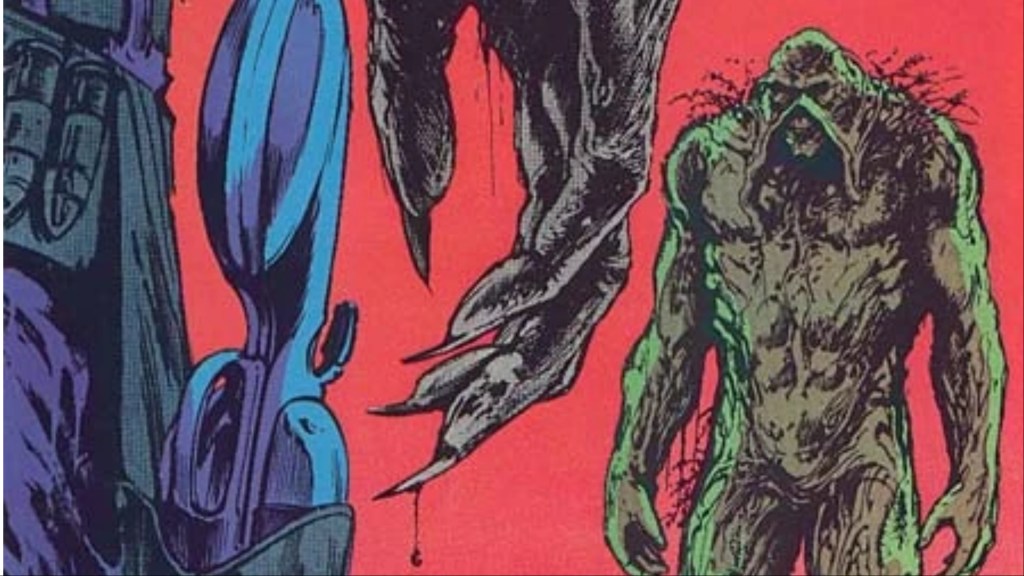
Alan Moore would take umbrage with being called a DC creator at this point in his life, but there’s no denying that the reason that basically all of us had heard him is because of DC Comics. Moore began his career in Great Britain, cutting his creative teeth on anthology comics like 2000A.D. and Warrior. His work on these books, popular strips like Marvelman and V for Vendetta, got the attention of DC Comics and he would soon begin his career in the American comic industry with Saga of the Swamp Thing #20. Moore’s work on Swamp Thing changed comics forever; he brought a maturity to Swamp Thing that was more than just ramping up the violence and naughty situations. Moore respected his audience enough to write stories that dealt with real world issues and created relationships between characters that were more realistic. Moore’s Watchmen is praised for the sheer craft of his writing, and there are so many amazing Moore works at DC (I recommend buying DC Universe: The Stories of Alan Moore, a book that collects many lesser known Moore classics). Lee gets a lot of credit for the way his work wasn’t just for kids, but Moore took this approach to its logical conclusion. Moore’s writing is far, far superior to that of Lee’s as well. DC screwing Moore over on Watchmen destroyed his relationship with the publisher and robbed us of some amazing stories. However, even with that, Moore created some of DC’s greatest works, comics that make everything Lee worked on look like kid’s stuff.
4) Gardner Fox

Do you like superhero teams? Did you love the Avengers in the Marvel Cinematic Universe? Well, don’t thank Stan Lee for that, because the idea of bringing together the most popular superheroes wasn’t an idea that he came up with. This idea was the brainchild of the best comic writer you’ve definitely never heard of (especially if you’re only a fan of the MCU) — Gardner Fox. Fox had a law degree from St. John’s College, and once said that, “Knowledge is my passion.” He wrote for the pulp magazines, creating sci-fi and fantasy stories, before taking his place as a writer on Detective Comics. This would lead to him writing superheroes for the then-National Publications, and eventually brought together all of the greats of DC for the Justice Society of America. Fox was a heavyweight in the Golden Age of comics, all the while writing novels as well. In the Silver Age, Fox came back to superheroes and created the Justice League of America. Fox wrote the The Flash #121, which introduced the multiverse to DC Comics, and brought the Justice Society back in the pages of Justice League of America. Fox created Jay Garrick, Hawkman, Hawkgirl, Doctor Fate, the original Sandman, Zatanna, and Barbara Gordon. Fox also worked on the Golden Age Batman, and introduced the utility belt, the batarang, and the original Batcopter, known as the Bat-Gyro back then. His comics combined aspects from the stories he loved — sci-fi, fantasy, mythology — and played a huge role in creating the flavor of the Silver Age of comics. Fox is one of the greats of the medium, and none of Lee’s work at Marvel would exist if it wasn’t for Fox helping create the flavor of the superhero.
3) Paul Levitz
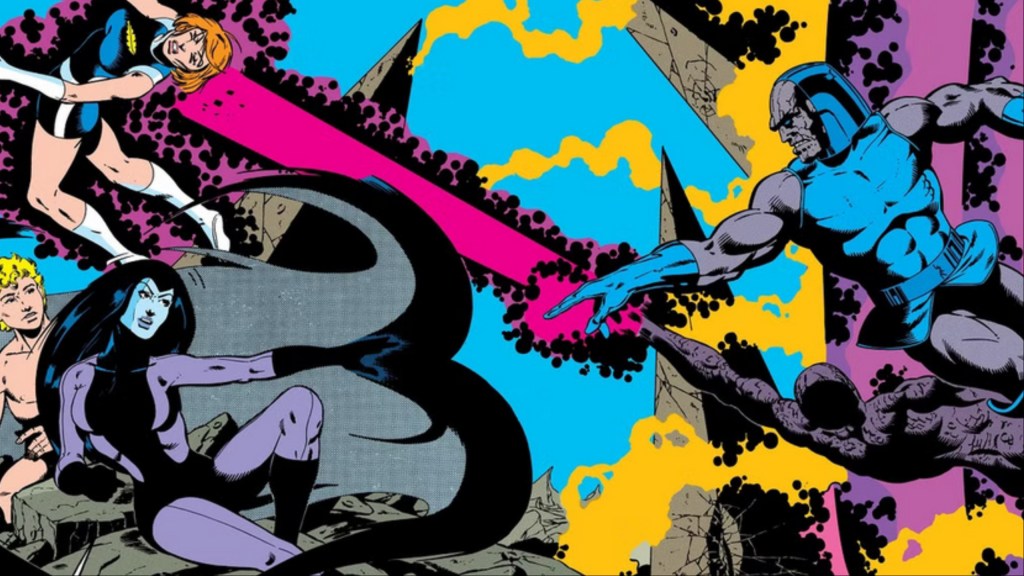
Paul Levitz wrote some of the greatest Legion of Superheroes stories of all time, and worked on characters throughout the DC Multiverse. Levitz is an amazing talent and if you want to see why, I recommend “The Great Darkness Saga”, a book that even works if you’ve never even read the Legion before. Levitz’s work was great, but it’s not the reason that he’s on this list. Levitz is on this list because his work behind the scenes at DC. Levitz became president of DC Comics, and worked alongside Dick Giordano and Jenette Khan to get some of the greatest talent of all time to DC Comics. Levitz was integral to the hiring of Alan Moore, Marv Wolfman, George Perez, John Byrne, and editor Karen Berger, and played a role in the British Invasion. Levitz was also responsible for getting DC’s creators to sign equity agreements with Warner Brothers, DC’s parent company, in their DC contracts; these are the reason why Jim Starlin got more money from KGBeast appearing on Batman V Superman: Dawn of Justice for a few seconds in an unnamed role than he did for Thanos in the MCU. Levitz always looked out for the creators, because he was one of them once upon a time. Levitz played a massive role in the success of DC in the ’80s and ’90s, helping the greatest creators in the history of the medium create the comics that would change everything. Levitz’s time as a DC executive helped the publisher become greater than ever, and so many of your favorite DC Comics wouldn’t exist without Levitz.
2) Jenette Kahn
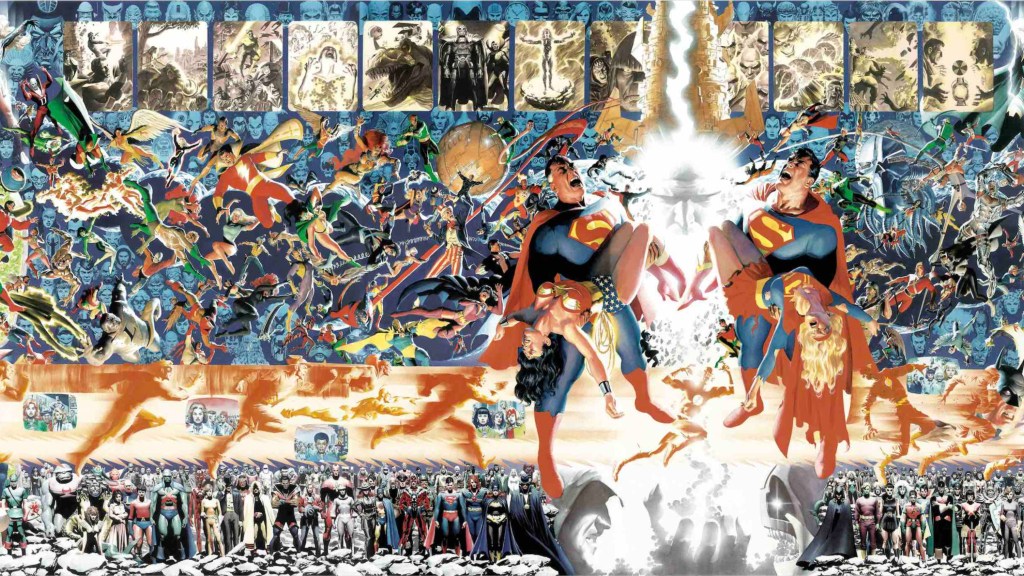
Jenette Kahn isn’t a comic creator. She was an executive and became the publisher of DC Comics in 1976. However, without Kahn, DC Comics never would have become the groundbreaking publisher that they are today. Kahn understood that the best way for DC to be successful was to get the best creators for the job, and she created a team, along with comic pros like Dick Giordano and Paul Levitz, that would get the greatest comic creators of all time into the offices of DC Comics. Jenette Kahn played a massive role in the British Invasion of DC; she brought creators like Alan Moore, Brian Bolland, and Dave Gibbons to the publisher and after their success would personally go to Great Britain along with Giordano and Levitz to recruit the next wave of British creators like Neil Gaiman, Peter Milligan, Grant Morrison, and many more. Kahn was one of the executives who brought Karen Berger to the publisher, which would plant the seeds of Vertigo, the greatest comic imprint of all time. If you loved the amazing DC stories of the ’80s, you have Kahn to thank for them. Kahn was able to pull DC out of the tailspin it was in during the late ’70s, and allowed the publisher to be on the forefront of making comics an art form. Kahn was in charge of DC from 1976 to 2002, and her work behind the scenes allowed DC to make the best comics of all time.
1) Julius Schwartz

Julius Schwartz is, in my opinion, the most important editor in the history of comics. Schwartz began his career as a sci-fi agent, helping create the pulp sci-fi market and represented legends like Ray Bradbury and H.P. Lovecraft. He applied to All-American Publications, a subsidiary of DC, as an editor at the behest of his agent and played a huge role in the creation of DC’s Silver Age. Schwartz was integral to the revitalization of superheroes along with Robert Kanigher, Joe Kubert, and Carmine Infantino with Showcase #4, the book that introduced the world to Barry Allen’s Flash, which most point at as the beginning of the Silver Age. He worked with John Broome and Gardner Fox on bringing Green Lantern, this time Hal Jordan instead of Alan Scott, and Hawkman back for the new age. Schwartz created Adam Strange himself for Showcase #17, a character who used wits and science instead of superpowers to save the day. In fact, Schwartz played a massive role in bringing sci-fi to comics in the ’50s and ’60s — he was the person who came up with the ideas of “Flash Facts” in The Flash. Schwartz helped in the creation of the Justice League and Elongated Man, and then took the fading Batman titles and brought them back to prominence.
Basically, Schwartz was heavily responsible for the greatest DC superheroes of the ’60s. Schwartz helped develop the stories and characters of DC Comics throughout these years, helping the writers with every aspect, creating the characters while working with writers in writers conference and sending them off to write the panel by panel story. Schwartz was something of a tyrant, but was able to wring the best work out of every creator he worked with. Schwartz took over editing the Superman titles in 1971, and played a role in making Superman less powerful and more relatable, editing them until his retirement from DC in 1986. Schwartz is basically the Stan Lee of DC Comics, except he did way more actual writing than Lee ever did and played an active role in the company longer than Lee did at Marvel. Schwartz was a lot of things, not all of them good, but hopefully one day he’ll be looked at in the same light as Lee.
Who do you think is more important to comics than Stan Lee? Sound off in the comments below.

